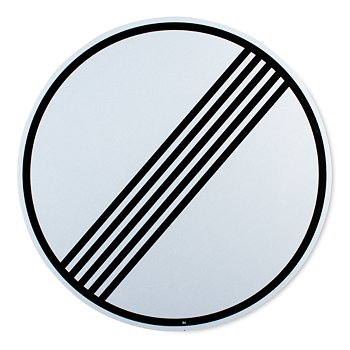| [here] |
One baffling thing about Germans is that 90% of them honestly wonder why Americans immediately think of Bavaria as soon as Germany is mentioned. The remaining 10% are all Bavarian.
Germans, try this experiment with me: Picture a stereotypical Bavarian. OK, done? Let me guess, you thought of either a girl wearing a
dirndl or some dude with a huge mustache wearing lederhosen. Now think of a stereotypical German from Hessen. You can’t and neither can we.
Americans are not the least bit ashamed to ignore the rest of Germany, because Bavaria is exactly what we are looking for. We come to Europe to see old stuff. In Munich we can see buildings that are nearly 60 years old. We read the same fairy tales as you growing up (ok, well our fairy tales edit out all the really creepy stuff you’ve got) and we want see a real castle that makes us think those fairy tales could have really happened. Neuschwanstein gives us that hope.
But most importantly, we don’t have the time to learn the culture and pick up on subtleties, because we only get two weeks of vacation per year. We want stuff that is big and obvious, and Bavaria is pretty much the only place that delivers for us. Americans love big stuff and that’s what Bavaria gives us, beer in one liter mugs, huge pretzels,
haxn, and the Alps.
In my opinion, we love Bavaria, because its Germany’s version of Texas: They’re big. They’re mostly rural. Despite being rural, they’re hotbeds for industry and high tech companies. They’re way down south. People talk with a funny accent there. They remember when they were their own countries and wish they would become their own country again. The rest of the country doesn’t really like them, and the people there don’t really like the rest of the country.
And the best part is that in both Texas and Bavaria, the locals still play dress up in outdated clothing now and then.

